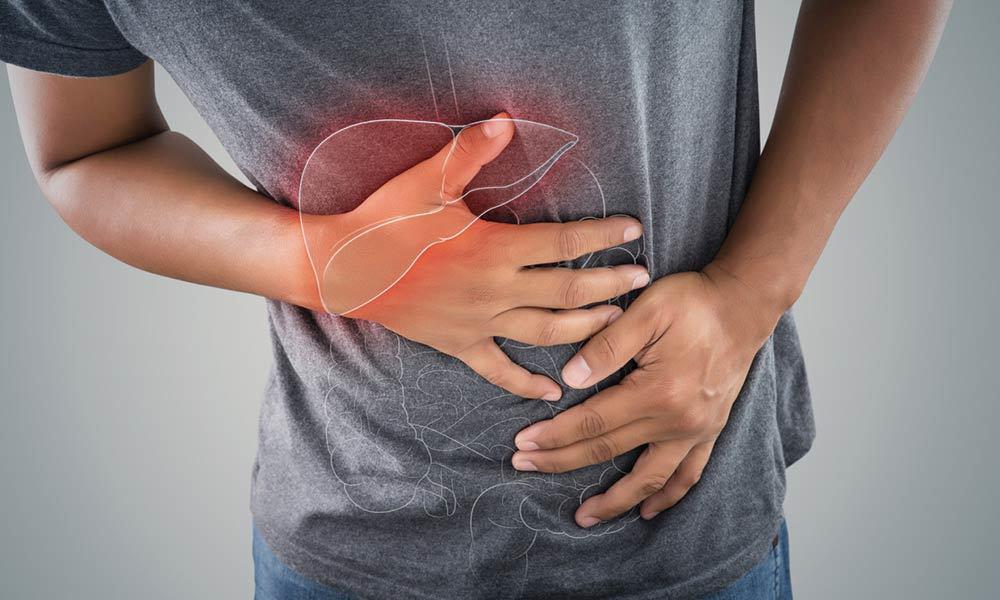
Pancreatitis is a serious condition that should be treated by a medical professional. Pancreatitis has a number of causes, and symptoms can vary. Treatment typically involves antibiotics, pain relief, and rest.
Pancreatitis can often be treated effectively if it is caught early. If you are experiencing any of the symptoms of pancreatitis, it is important to seek medical attention right away.
What is Pancreatitis?
Pancreatitis is a condition that results in the inflammation of the pancreas. The pancreas is a small organ located near the stomach that plays a role in digestion. Pancreatitis can have a number of causes, including but not limited to alcohol abuse, gallstones, and high levels of fat in the blood. Pancreatitis can also occur as a result of a virus or autoimmune disorder.
Symptoms of Pancreatitis
Symptoms of pancreatitis can vary depending on the cause and severity of the condition. However, some common symptoms of pancreatitis include the following:
- Abdominal pain: This is often the most prominent symptom of pancreatitis. The pain may be sharp or dull, and it may worsen after eating.
- Nausea and vomiting: Nausea and vomiting are common in cases of pancreatitis.
- Bloating: Pancreatitis can cause the stomach to swell up.
- Diarrhea: Pancreatitis can also lead to diarrhea.
- Weight loss: Pancreatitis can cause weight loss as a result of difficulty digesting food.
- Fever: In some cases, a person with pancreatitis may experience a fever.
Causes of Pancreatitis
There are a number of different causes of pancreatitis. Some of the most common include:
- Alcohol abuse: Drinking too much alcohol can cause the pancreas to become inflamed.
- Gallstones: Gallstones can block the flow of bile from the gallbladder, which can lead to inflammation of the pancreas.
- Pancreatic cancer: Pancreatic cancer is a rare but serious type of cancer that can cause pancreatitis.
- Pancreatic pseudocysts: Pancreatic pseudocysts are pockets of fluid that can form on the pancreas as a result of pancreatitis.
- Pancreatitis caused by a virus: Some cases of pancreatitis are caused by viruses, such as the flu or hepatitis C.
- Pancreatitis caused by an autoimmune disorder: In some cases, pancreatitis may be caused by an autoimmune disorder, such as Crohn's disease or lupus.
Pancreatitis can also occur as a result of other conditions, such as surgery or trauma to the abdomen.
Treatment for Pancreatitis
There are a number of different treatment options for pancreatitis. The most common treatment is antibiotics, which are used to fight any infection that may be causing pancreatitis. Pain relief is also often necessary and may include over-the-counter medications such as ibuprofen or acetaminophen or prescription medications such as opioids.
In some cases, surgery may be necessary to remove gallstones or other obstructions that may be causing pancreatitis. Rest is also important in order to allow the pancreas to heal.
Prevention of Pancreatitis
There are a number of different ways to prevent pancreatitis. Some of the most important include:
- Avoiding alcohol abuse: Drinking too much alcohol is one of the most common causes of pancreatitis.
- Avoiding gallstones: Gallstones can block the flow of bile from the gallbladder, which can lead to inflammation of the pancreas. Avoiding high levels of fat in the blood can also help prevent pancreatitis.
- Getting vaccinated against hepatitis C: Hepatitis C is a virus that can cause pancreatitis. Getting vaccinated against hepatitis C can help reduce your risk of developing pancreatitis.
- Seeing a doctor if you have symptoms of pancreatitis: If you are experiencing any of the symptoms of pancreatitis, it is important to see a doctor right away. Pancreatitis can be a serious condition if left untreated.
- Maintaining a healthy lifestyle: Eating a balanced diet, exercising regularly, and managing stress can also help prevent pancreatitis and other health issues.
How to live with pancreatitis?
There are a number of different ways to live with pancreatitis. The most important thing is to listen to your body and rest as much as possible when you are feeling ill. It's also important to eat a healthy diet and avoid alcohol and fatty foods.
You may also need to take antibiotics or pain medications as prescribed by your doctor. In some cases, surgery may be necessary to remove gallstones or other obstructions that may be causing pancreatitis. It's also important to follow up with your doctor regularly and let them know how you are feeling. Pancreatitis can be a serious condition, but with proper treatment, you can live a relatively normal life.
